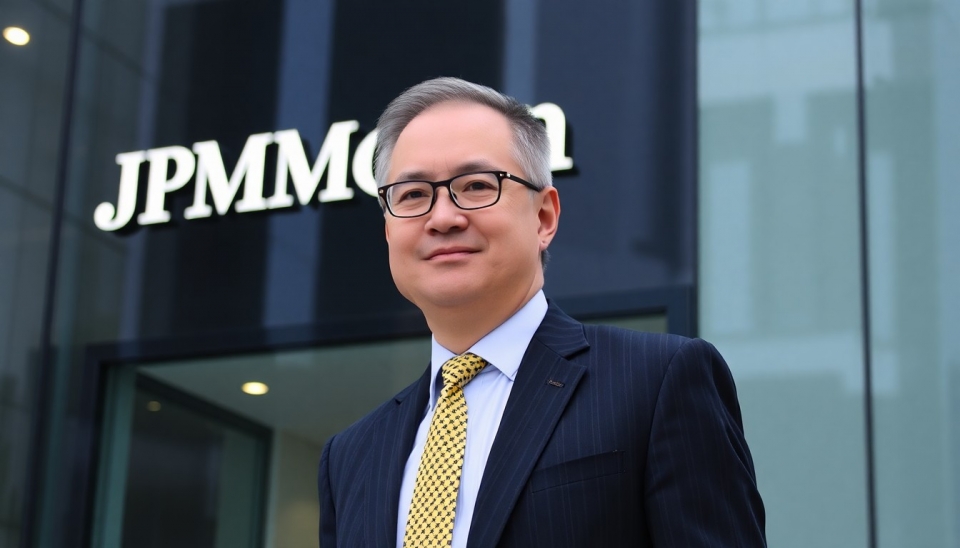
In a significant leadership change, JPMorgan Chase & Co. has announced the departure of its top banker in South Korea, Paul Kim. This shift comes at a crucial moment when the bank is realigning its focus towards the burgeoning sectors of technology, particularly chips and artificial intelligence (AI). Paul Kim's exit represents not just a personal transition but also a broader strategy adaptation that reflects the rapidly evolving economic landscape in Korea and the demands of global markets.
Paul Kim has been a key figure in JPMorgan's Korean operations, and his departure was confirmed by the institution earlier this week. While the reasons for his exit remain unreported, insiders suggest that the move coincides with the bank's fresh strategic priorities that are closely tied to technological advancement in South Korea, a nation renowned for its innovation in the tech sector.
The timing of Kim’s exit aligns with JPMorgan's noticeable pivot towards enhancing its involvement in the semiconductor and AI industries, which have seen unprecedented growth. The bank previously announced plans to increase its investment in companies that are directly involved in the manufacturing of chips and AI development. These sectors are crucial for the economy and are expected to be drivers of significant growth in the coming years, suggesting a strategic move to capitalize on potential future profits. JPMorgan's commitment to these industries signals its intent to not only remain competitive but also to lead in technological investment and advisory services.
JPMorgan is not alone in this shift; many financial institutions are re-evaluating their strategies to include technology-focused ventures as companies worldwide increasingly invest in tech. South Korea, as a leading manufacturer of semiconductors, is poised to benefit immensely from growing demands for chips across various industries, especially in electronics and automotive sectors. The bank's deeper engagement in this domain could offer new opportunities for growth and enhanced service offerings.
Industry experts predict that as other multinational banks also pivot towards similar strategies, the competition for technological investments will intensify. This environment may pave the way for innovative financial products and services tailored to the technological landscape, allowing firms like JPMorgan to maintain their market edge.
The financial world is closely monitoring how JPMorgan's strategic approach will unfold, particularly with a new leader coming in to fill Kim's shoes. The individual who takes over will not only have big shoes to fill but will also play a critical role in navigating the company through this transformative phase, focused heavily on a tech-centric business model.
As the story develops, stakeholders and employees alike will be keen to see how the bank continues to evolve its stance in one of the world's most dynamic economies and how these changes will impact their operations in the region.
In conclusion, JPMorgan's leadership transition in Korea reflects a larger narrative of financial organizations becoming increasingly intertwined with technology. This trend could lead to new opportunities and a significant reshaping of how financial services are delivered and invested in across the globe.
#JPMorgan #PaulKim #LeadershipChange #SouthKorea #TechnologyInvestments #AI #ChipIndustry #FinancialServices #Innovation
Author: Emily Collins




